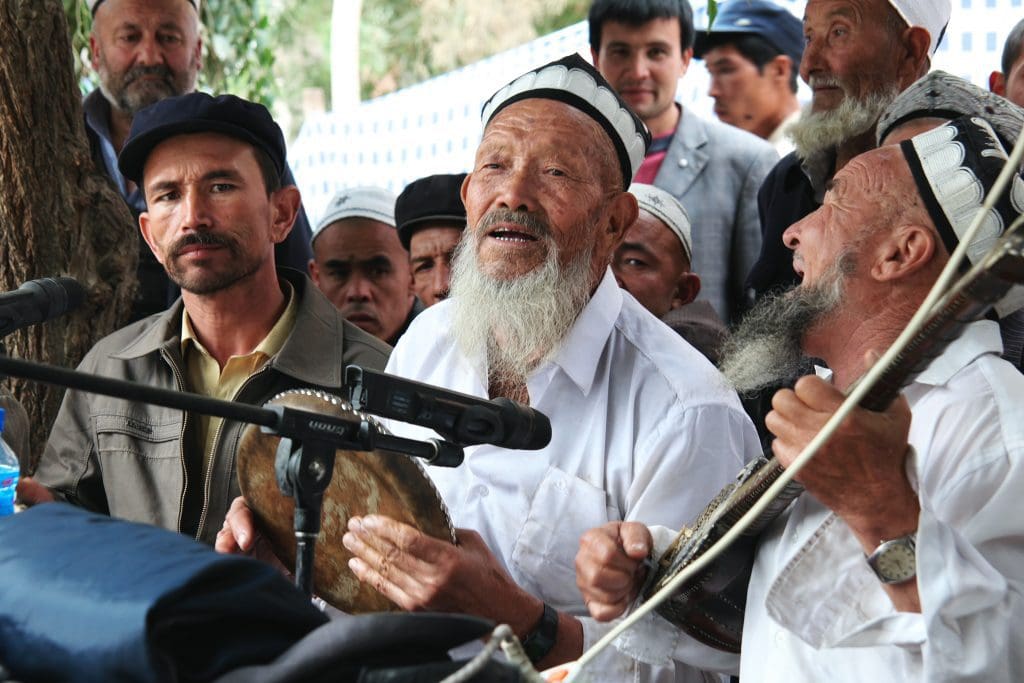
Vijay Srinivas
The world has not learned any lesson at a time when it marks 25 years of the Srebrenica genocide of 1995, one of bloodiest massacre in Europe since the second World War that killed more than 8000 Bosnian Muslims as the international community is failing to hold Beijing accountable for the coming genocide in Xinjiang.
More than one million Uighur Muslims, a Turkic-speaking ethnic group have been reportedly detained and thrown into so called ‘reeducation camps’ by Chinese authorities. UN and other rights groups are urging China to halt the crackdown while Beijing maintains that the Uighurs are not subjected to any form of human rights violations. China has denied access for Journalists to report from these camps and has not shared any information regarding the detention centres on public domain.
In a major blow to the Beijing’ claims, Associated Press documents China’s forced birth control on Uighur women to squelch its population. Another incident where the U.S. Customs and Border Protection’s confiscation of 13 tons of products made from human hair suspected to be forcefully removed from Uighurs juxtaposing with the dark events at Auschwitz raises even more concerns.
What is happening in the camps?
The people who have been detained have no charges against them and have no provisions to challenge their detentions legally. While informations on what’s happening inside the detention camps is very limited but testimonials from those who have escaped Xinjiang describes the worse conditions prevailing there. Uighurs are subjected to electrocution, waterboarding, physical and sexual abuse, sleep deprivation, injections of certain substances and are continuously monitored round the clock. Some even say that they are not allowed to even have a beard and fast or worship during Ramadan.
Why are Uighurs detained?
Reports claim that they have been targeted for different reasons that includes getting in touch with 26 countries which China considers as ‘sensitive’ nations, visiting mosques, sharing Quranic verses and having more than three children which in simple words, for being a practicing Muslim in a communist ruled China. The Chinese perspective for the arrests is that they find Uighurs as extremists. According to the New York Times’s ‘The Xinjiang Papers’ report, Chinese President Xi Jinping had warned of ‘toxicity of religious extremism’ and ordered to curb it through ‘dictatorship’ in a set of secret speeches in 2014. Particularly after the 9/11 attacks, Beijing started justifying its actions against the Uighurs. A 2009 rioting incident in Xinjian’s capital Urumqi where 200 people were killed as clashes broke out after Uighurs protested over Han Chinese migration had changed China’s attitude towards Uighurs entirely. Several attacks that took place later were blamed on Uighurs. Beijing now thinks Uighurs could potentially be terrorists.
The economic factors
Beijing is concerned that any separatist activity in Xinjiang could hamper its pet project the Belt and Road initiative due to its linkage with the region. Xinjiang is also China’s hub for coal and natural gas reserves but according to rights groups the benefits of these plants are enjoyed by Han Chinese and Uighurs are mostly left high and dry. Uighurs on the other hand are forced to work in factories near detention camps and are subjected to forced labour. China aims of making Xinjiang a hub for manufacturing of textile and apparels.
The global response
Many countries across the world have condemned the Chinese crackdown in Xinjiang and UN groups have been demanding access to the detention centres. The recent one in the news being that of the Trump administration sanctioning four Chinese firms and a regional security agency for their authoritarian actions against Uighurs. Trump’s move was truly historic but still toned down after John Bolton, the former NSA alleged that it was Trump who encouraged Xi to build mass internment camps. The eerie silence maintained by Muslim nations including Saudi Arabia and Pakistan is quite astonishing. They have prioritized their economic ties with China singling out Uighurs. Turkey became the first and only Muslim nation to issue statements on Uighurs urging China to ensure “full protection of the cultural identities of Uighurs” at a UN Human Rights Council session in 2019.
In a globalized world, if the world chooses to ignore the genocide that’s in making, well then it’s just not China but the entire world that would be termed complicit in history.
Read the original piece in Medium
Vijay Srinivas is an associate multimedia producer at Reuters and human rights law student at NLSIU.



